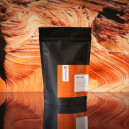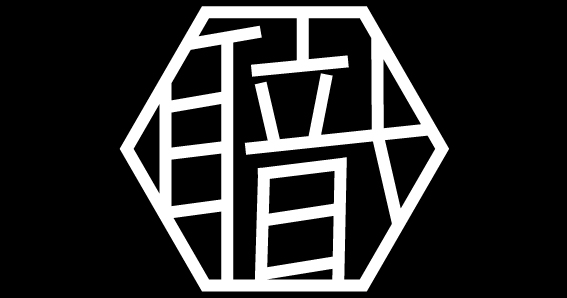Since 2014, the United Nationals Office on Drugs and Crime has been working on replacing Myanmar’s poppy production with coffee. Through this programme, the Hopong farming community started growing new coffee plants. A two-week training with the country’s most successful specialty coffee operation gave them the know-how to start their own true specialty production and to become independent from powerful groups.
The value chain
Whereas the coffee was previously priced as a niche product, coffee from Myanmar has now become more and more common. Despite a constant quality, upscaling our projects has led to a decrease in pricing.

Key achievements
2017
Training in the village Mya Ze Di, one of the leading specialty coffee operations in Myanmar.
Built sun dried natural coffee station and sold first specialty coffee on the international coffee market. We had no space for this coffee at that time, but we did cup it and sent back our extremely positive feedback.
2018
Met the farmer groups representatives in person at the World of Coffee event in Amsterdam to get to know each other and to state our goals. Planned the growth potential and future visits.
2019
April: won 1st place in the national competition for naturally processed coffees with a score of 89.25 points.
The microlots
After having tasted coffees from different villages, we decided to stick with the Bant Sauk as it is the most stable and unique.
Bant Sawk
Natural,Asia
Myanmar - Natural mix. Heavy aromas like orange liqueur. Mellow sweetness like banana. Thick body like toffee.

Bant Sawk
€14.00 – €50.40Natural,Asia
Myanmar - Natural mix. Heavy aromas like orange liqueur. Mellow sweetness like banana. Thick body like toffee.

The story
Myanmar has only recently begun producing specialty coffee, but with quite impressive results. Sara Morocchi from This Side Up got in contact with this farmer cooperative in Hopong that collects and processes coffee from two nearby villages and managed to get the exporting logistics up and running.
In Myanmar, the coffee cherry prices are extremely low, just like the prices for the Cheroot leaf. This is why most farmers turned to poppy production, which is used for producing opium. However, this does put them under pressure by powerful drug lords and also the local authorities.
The United Nations Office on Drugs and Crime launched a crop replacement programme in 2014 to support the replacement of poppy plants by coffee. It is still a relatively successful programme that provides a lot of technical training to increase yield and quality. Through this programme, the Hopong farmers planted roughly 2,300 coffee plants (mainly Catuai) in 2014 and then again in 2015. Most of it was sold to the Green Gold Farmer Cooperative, established by the UNODC. It is a reliable market player, but it mainly sells to the local market and pays very few premiums.
Through social media, the Hopong farmers learned that neighbouring communities were producing sundried naturals with the help of an NGO named Winrock. The Hopong leaders decided to contact Winrock, and even though there was little funding, they did manage to organize a two-week training with the leading specialty coffee operation in the country in the village of Mya Ze Di. With their dedication and inquisitiveness, they learned how to elevate quality, stabilize quality and income and gain visibility in the coffee market. After this training, they went back to Hopong and implemented all they had learned.
Their first harvest produced only three bags (180 kgs), which were sold by the kilo individually. The cup quality of this production was incredible though, and people in consuming countries began to show interest in this origin. Contact with Sara Morocchi gave them a logistics channel to sell the coffee directly to the specialty market and earning the proper premiums for it.
This year, 8 bags were exported, with a limit of only two per country in order to spread the love. With Shokunin’s collective mindset and interactive approach, we managed to get our hands on both bags in Holland. We are extremely proud to support this farmer group and are looking forward to seeing it grow with our support.






